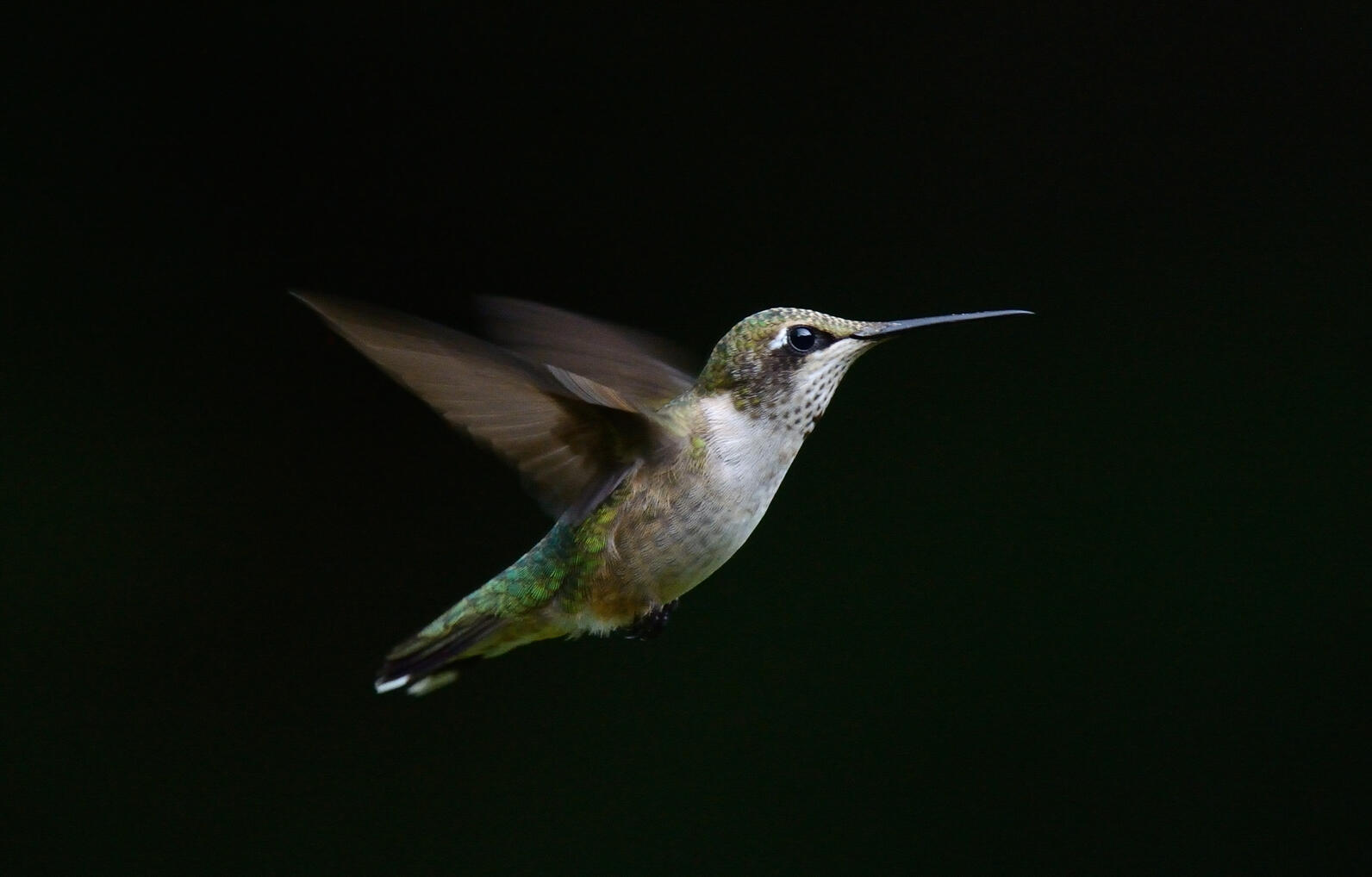The city of Raleigh just got a lot safer for migrating birds, thanks to the advocacy of Wake Audubon. Chapter members worked with the city on a new Lights Out agreement, ensuring non-essential building lights will be turned off from 11 p.m. to 6 a.m. every night during migration. The city announced the initiative on Sept. 9.
“My reaction was ‘Wow,’” Wake Audubon member Lena Gallitano said. “This is great news for birds and just reinvigorating for the Lights Out program we’ve had for many years.” Lena is a former Audubon North Carolina board member, longtime Wake Audubon leader, and member of the chapter’s Lights Out committee.
Led most recently by Phil Doerr, the committee lobbied the city, sending letters to municipal officials with detailed information about Lights Out best practices and migration timing. The announcement comes at critical moment, as large numbers of birds are beginning to travel over the city and to their wintering grounds further south.

“On a big migration night, there might be 16,000 migrating birds flying over Raleigh,” Doerr said. “The bottom line is that migration is already dangerous business. We need to do what we can to make it safer for birds.”
The Lights Out Committee wants to begin working with private building owners next, Doerr said. Other members of Lights Out Committee include Susan Davis, Pam Diamond, Chad Chandler, and Mary Frazer.
By going dark through the end of November, the city will be removing a serious and often fatal obstacle for birds. Because many migrating species travel at night and use the moon and starts to navigate, bright artificial lights can disorient them. Birds often collide with windows, while others circle in confusion until exhaustion overcomes them. Studies estimate a billion birds die from window collisions each year.
Turning off unnecessary lights at night is a simple and straightforward way we can help. A landmark study conducted by the Field Museum in Chicago showed that by turning the lights off in one building, the number of birds killed there dropped by over 80 percent.
For Lena, the Lights Out agreement has been years in the making. She first went to look for dead and injured birds in downtown Raleigh more than a decade ago, along with Audubon North Carolina Director of Engagement Kim Brand, who was a volunteer at the time. They found ten birds, including a tiny injured Common Yellowthroat. Lena took the bird home and released it in her garden.
“This agreement has been a long-time coming,” she said. “We hope it inspires others.”
Raleigh is the first big city in the state to commit to the Lights Out initiative. Five buildings in Winston Salem have been turning out lights earlier for birds since 2012, in partnership with Forsyth Audubon and Audubon North Carolina’s Bird-Friendly Communities program. The owners of the Duke Energy Center in Charlotte, the city’s second tallest building, also turn off lights for birds during migration.
You can help by getting involved with your local chapter and by reporting dead or injured birds you find, at your home or out on the town. Report your sightings using the Global Bird Collision Mapper. Learn more about Audubon’s Lights Out program here.





